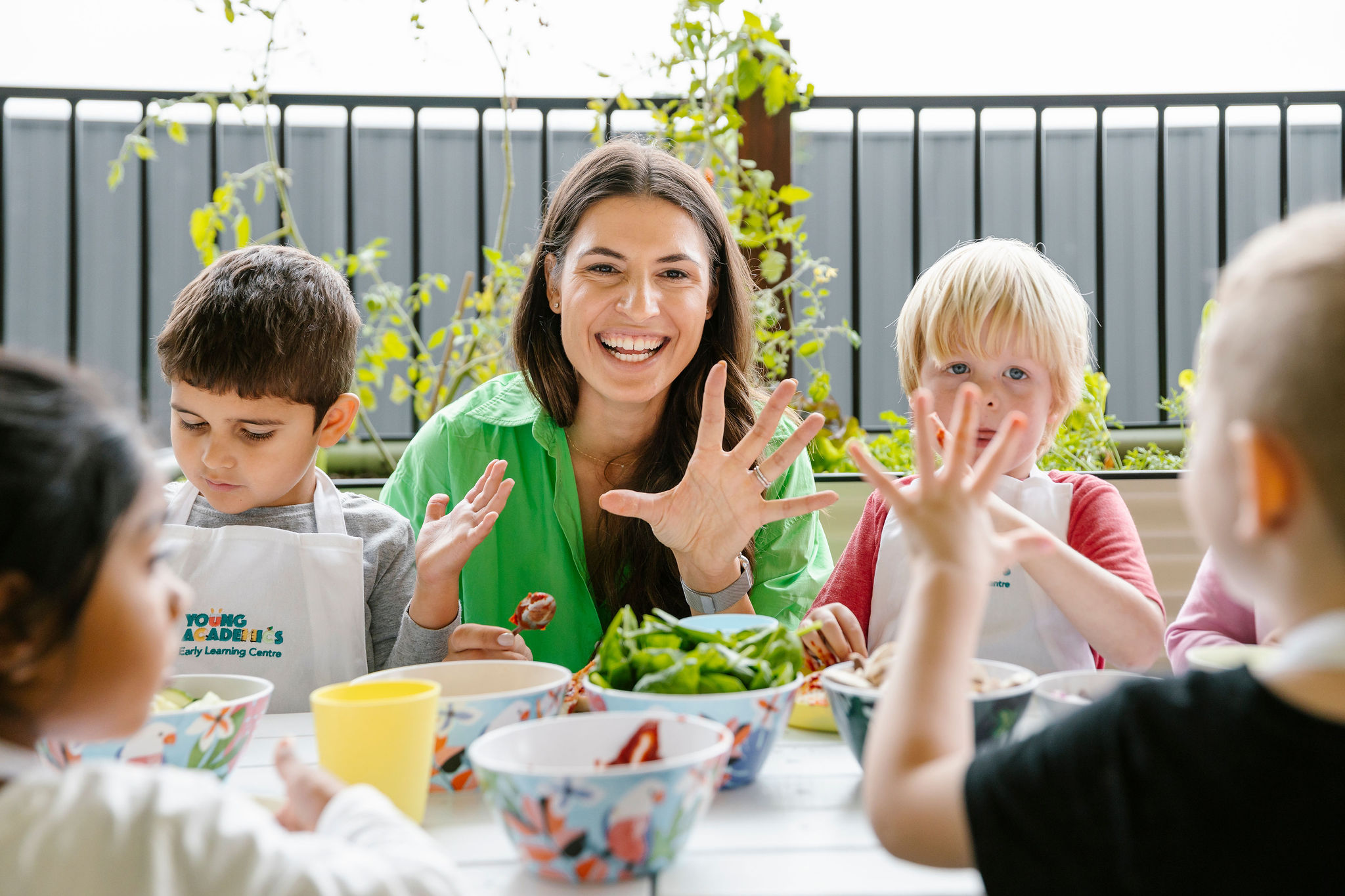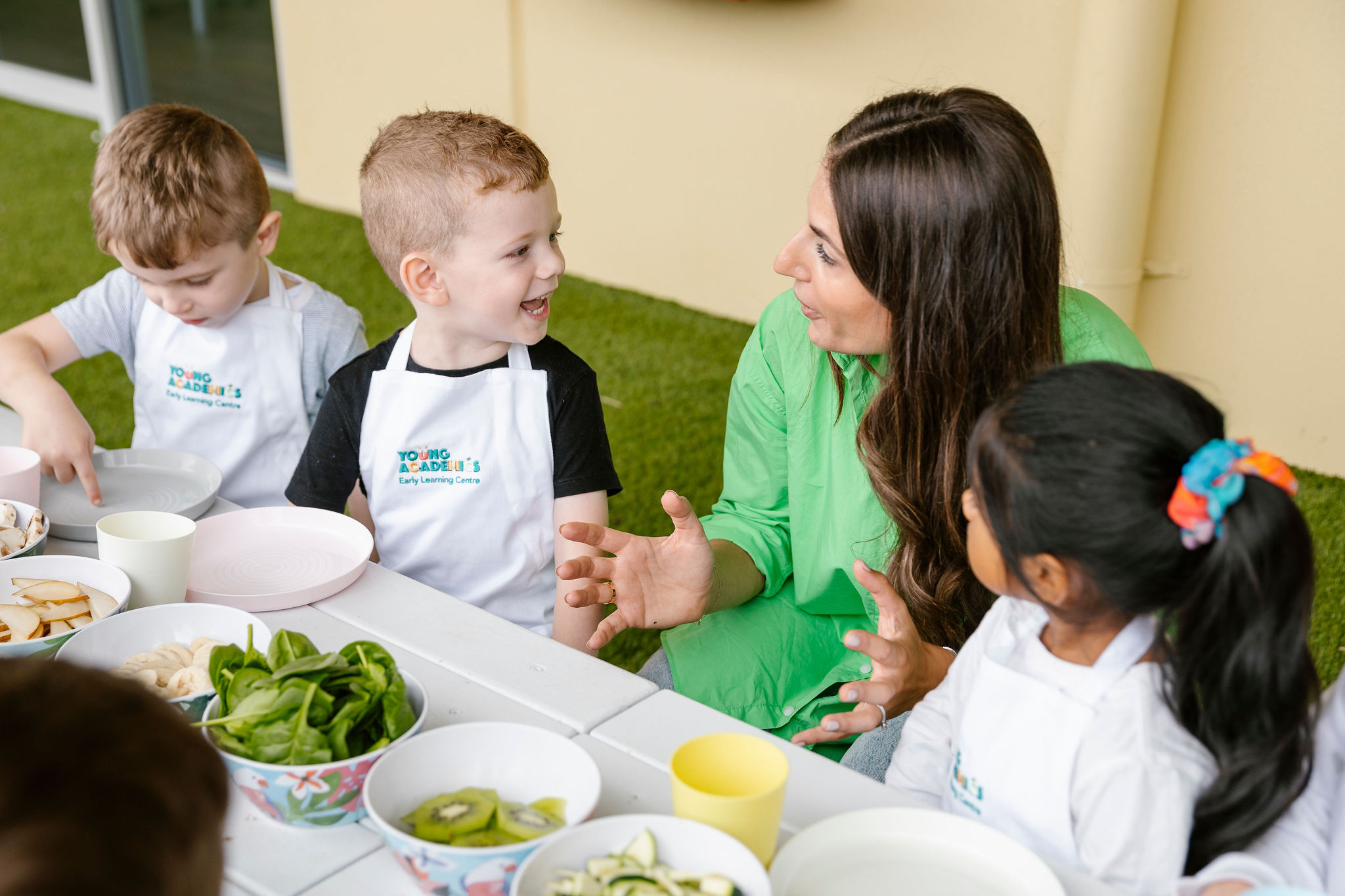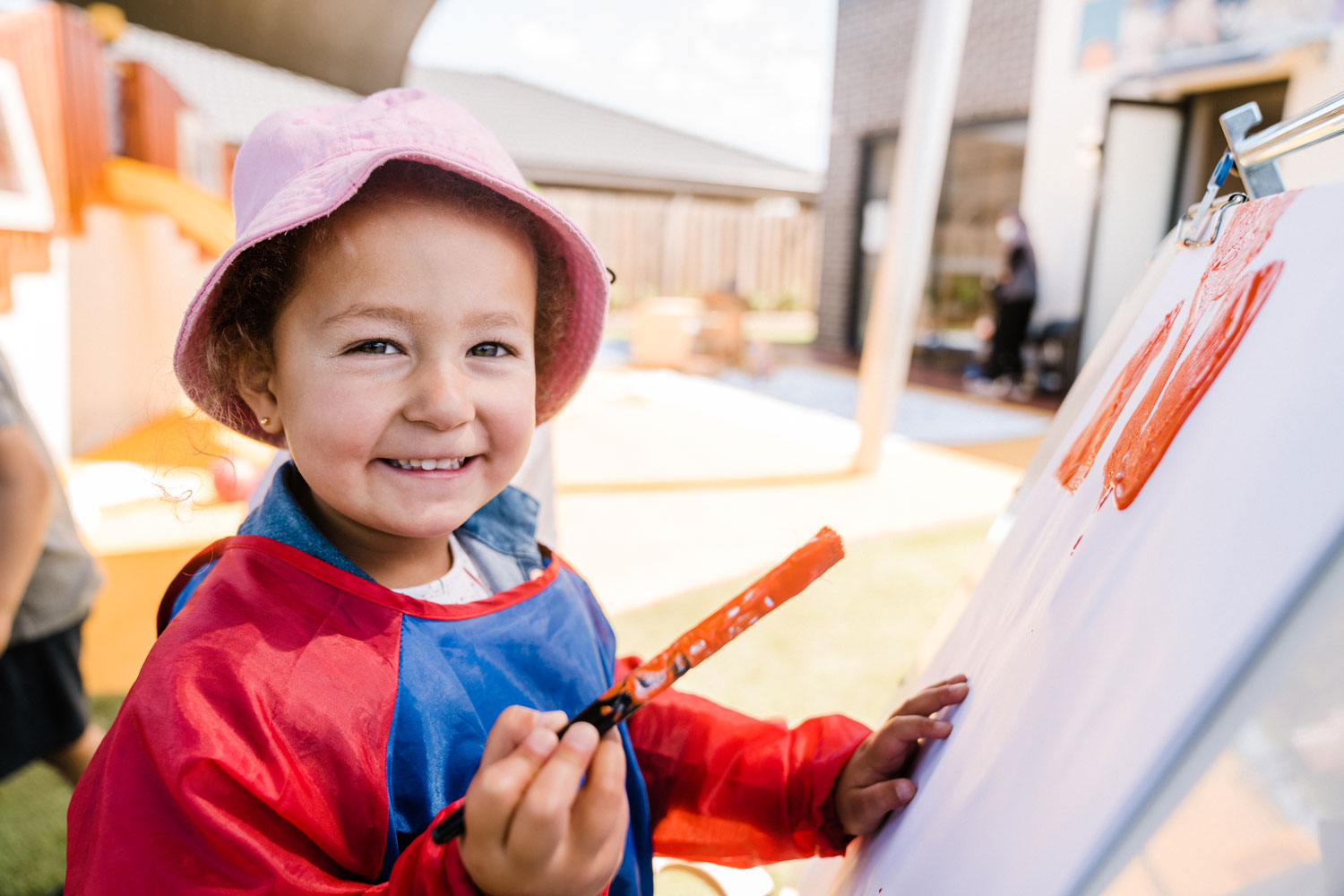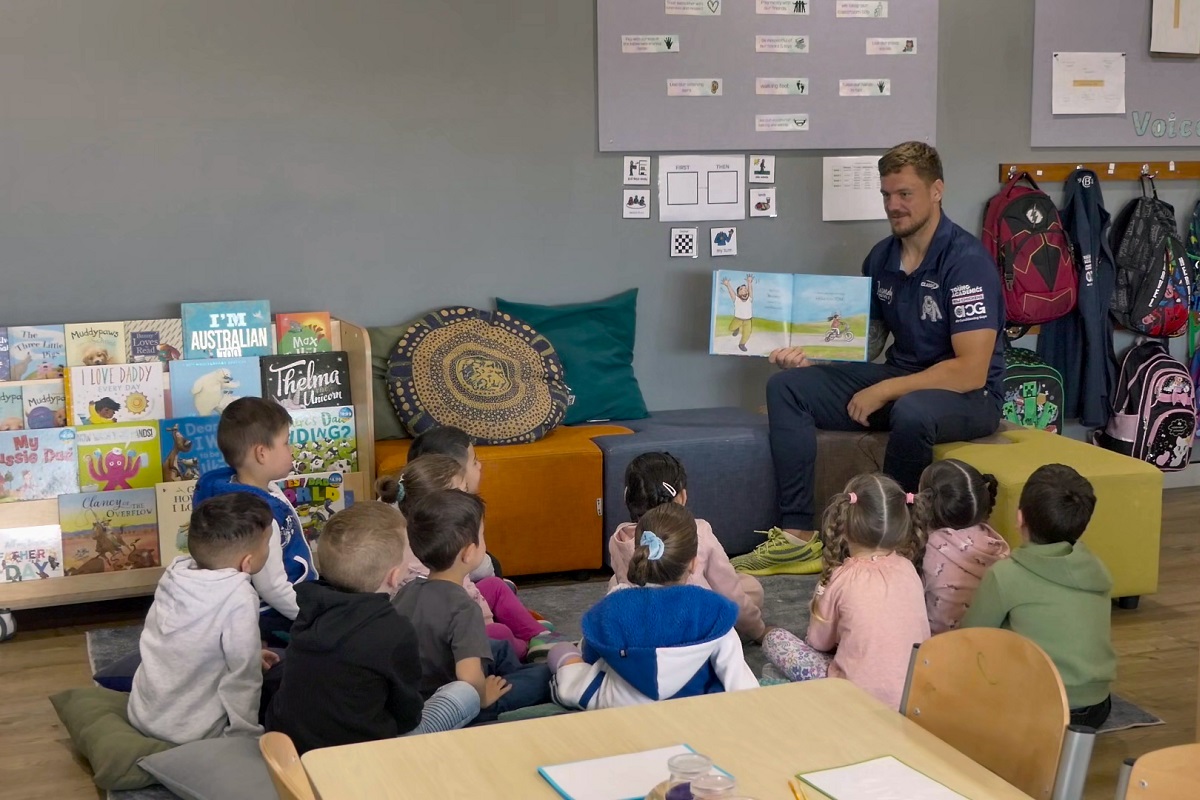The human brain develops faster and creates more connections in its first five years than at any other point in its life. This immense time of physical, mental and behavioural growth sets the foundations for a child’s future wellbeing and their enduring ability to adapt to change and holistically interact with their surroundings.
Rounded growth is directly linked to a child’s environment, with positive stimulation by the way of supportive relationships and communities, a healthy diet, physical activity and plentiful opportunities for creativity all building an invigorating backbone for development. Both at home and in child-care settings, the formation of a nourishing environment is equally as important.
Today, we’ll be exploring three key ways to continually provide children with an atmosphere that stimulates positive development.
1. Help establish supportive relationships
Relationships set the benchmark for how a child is to understand and interact with the world. The way that parents, caregivers and even other children respond to a child’s actions play into this, giving them a foundation to regulate their emotions, behaviour and means of communication. They will learn whether their world is secure, feel the benefit of love, make friends and begin to understand the appropriate etiquette in a variety of situations.
Listen and talk to children in these early phases, even if they can’t yet string a sentence together. Introduce them to support networks of people not only their own age. Involve them with communities that expose different parts of our society, and try to minimise drastic changes to known structures so a child has the adequate time to absorb their surroundings and feel secure. These environments mobilise “serve and return” interactions where a child is given ample opportunities for their actions to be met with varying nourishing responses.
Environments full of positive and varying relationships will provide a strong basis of social behaviour and communication and ultimately construct surroundings brimming with support.
2. Set healthy habits
Healthy habits centred around a balanced diet and plenty of physical activity are just as important to mental and emotional development as it is to physical growth. They set an invigorating base for a child’s body to evolve, providing essential nutrients, energy, muscle stimulation and confidence in movement. At all stages of early childhood, from before they can walk to when you can’t get them to sit down, diet and physical exercise are paramount to a healthy child.
Caregivers have the sole responsibility to provide children with a routine of healthy eating. They decide what and when a child is to eat, which is a fantastic opportunity to set nourishing standards as the “norm” and establish a meal structure that they look forward to. An environment full of, and surrounded by, healthy food is an easy way to begin the nourishing journey as it normalises a nutritious existence. Keep a fruit bowl in plain sight and focus on eating with the child, allowing them to visualise what is “ok”. Mix up foods of different colours, textures and tastes so they are exposed to differences in meals. It’s important to avoid offering a child alternatives to the balanced meal in front of them and steer clear of force-feeding as appetites ebb and flow—be patient. Normalising healthy foods and positively encouraging nutritious eating is truly the key to holistic development.
Diet goes hand-in-hand with ample opportunity for physical activity, with nutritious foods offering the fuel for play and the activity welcoming sustenance to keep them going. The key to encouraging movement is a focus on activities that are fun, with enjoyment stimulating a want to do more. Try to avoid too much time in the stroller, instead encouraging exploration and play in both outside and inside environments. Even before a child can walk, you can still practice “tummy time” for at least 30 minutes each day that works on their ability to lift their head. Creating games that implement catching, running and dancing are a great way to bring up that fun factor.
3. Let creativity blossom
For a child, creativity and imagination comes naturally, and it’s important to let those juices flow. As with physical exercise, the key aspect of fun mobilises the creativity in a child in their early years and sets up constructive growth in areas such as problem solving, innovative thinking, connection building and mistake acknowledgement and overcoming. Adaptability is at the centre of creativity in early development and caregivers should foster it from the very beginning.
Let a child take the lead in their exploits and watch them create their own fun and guide their bubbling independence. They will fail, fall and be met with difficulty, but this is all key to a holistic development of confidence and resilience. Try to surround them with inspiration in the form of varying settings, complications and people, they will thrive off the differences. When in doubt, get the paints out, though there really is no limit to creativity and any opportunity for a child to explore their environments and their minds is beneficial.
The first five years of a child’s life is the most important time in overall human development. Children take in their environments in a way unparalleled and learn effortlessly each and every day. Because of this, it’s essential to provide a child the tools and surroundings that let positive growth flourish.
Here at Young Academics, we understand that development doesn’t just occur in the home and mobilise our expertise to continually encourage physical, mental and behavioural success daily. We are honoured to see them grow and we would love to be a part of your child’s early learning experiences. If you would like more information on Young Academics’ programs, get in touch today.






 BACK
BACK


